Many new discoveries about fish
Along the coastal and estuary areas from Vung Tau to Ben Tre is a convergence of diverse ecosystems such as mangrove forests, alluvial flats, large estuaries, there exists a special group of fish called "lich cu" by local fishermen.
This is the folk name for very long fish species, usually belonging to the family Ophichthidae, living buried in the bottom and having high commercial value, some species have a selling price of up to 500-700 thousand VND/kg.

Diagram of survey location for collecting "old calendar" fish samples (Photo: VAST).
Although playing an important role in the ecosystem and coastal livelihoods, scientific information on species composition, biological characteristics and resource status of this fish group is still very limited.
To conduct in-depth research on this group of fish, Dr. Vo Van Quang and a group of scientists from the Institute of Oceanography , Vietnam Academy of Science and Technology conducted the following project:
“Biological characteristics and current status of resources of “Lich Cu” fish belonging to the family Ophichthidae in coastal and estuary areas from Vung Tau to Ben Tre and proposed solutions for sustainable resource development”.
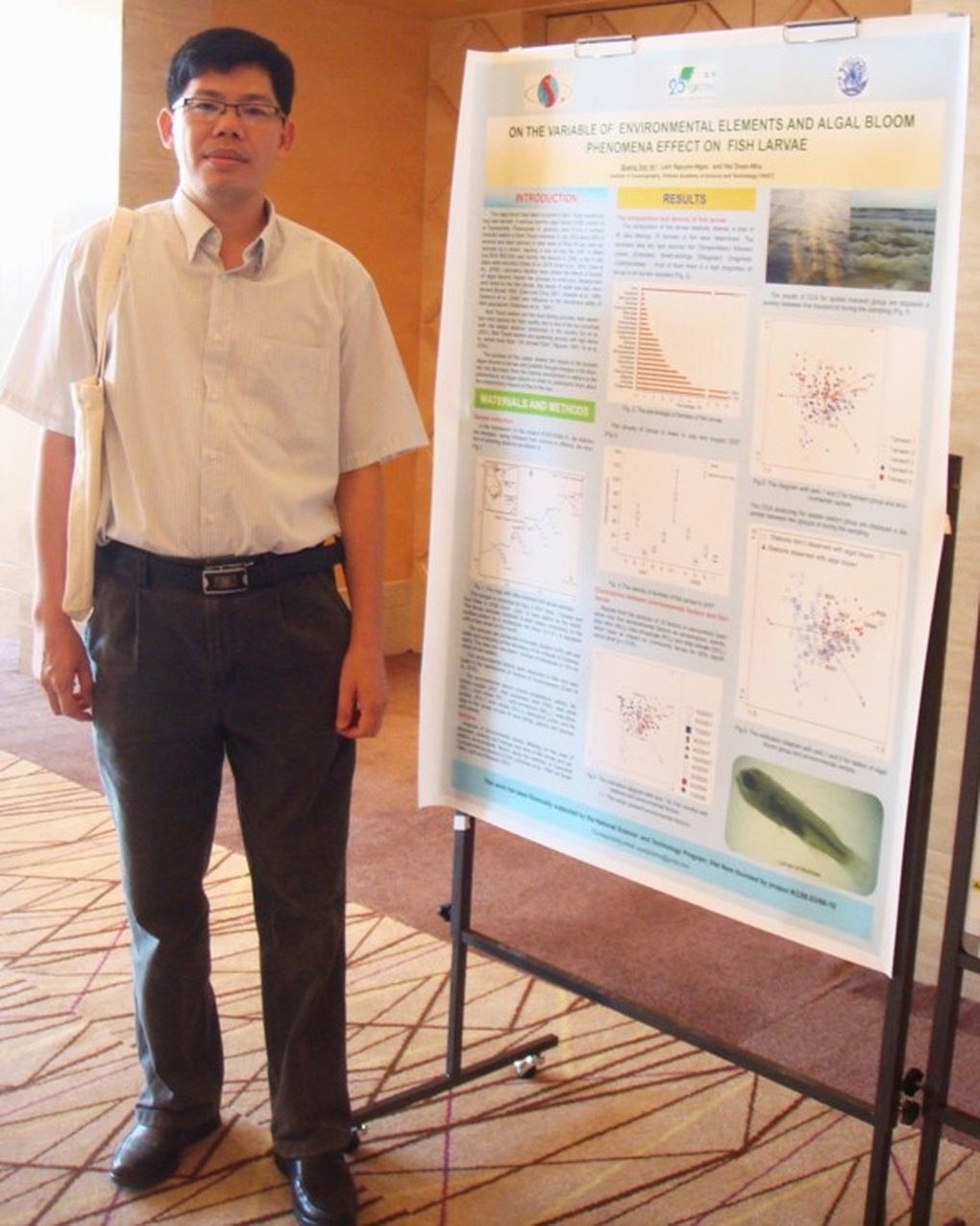
Dr. Vo Van Quang at a scientific conference (Photo: VAST).
According to Dr. Quang, the research team collected samples from two different groups of fish, of which "old calendar" was the main subject.
To ensure sample representativeness and diversity, multiple field methods were combined. Samples were collected from fishing vessels using common fishing gear such as trawls, nets, and traps at five main locations, including fishing ports and landing sites.
In addition, the team also conducted surveys at 9 offshore stations using trawl nets to expand the sampling range. As for eels, collection was difficult because this species has a low frequency of occurrence, large size and high commercial value, so it is often kept by fishermen for consumption, making the number of collected samples quite limited.
During the survey and research, the group identified 5 typical fish species belonging to the "old calendar" group.
Notably, two new species to science were described, including the Ophichthus cuulongensis (Vo , Hibino & Ho, 2025) and the Ophichthus nguyenorum ( Vo , Hibino & Ho, 2025). The remaining species are the Ophichthus macrochir ( O. macrochir ), the Ophichthus rutidoderma ( O. rutidoderma ) and the Pisodonophis cf. boro ( Pisodonophis cf. boro ).
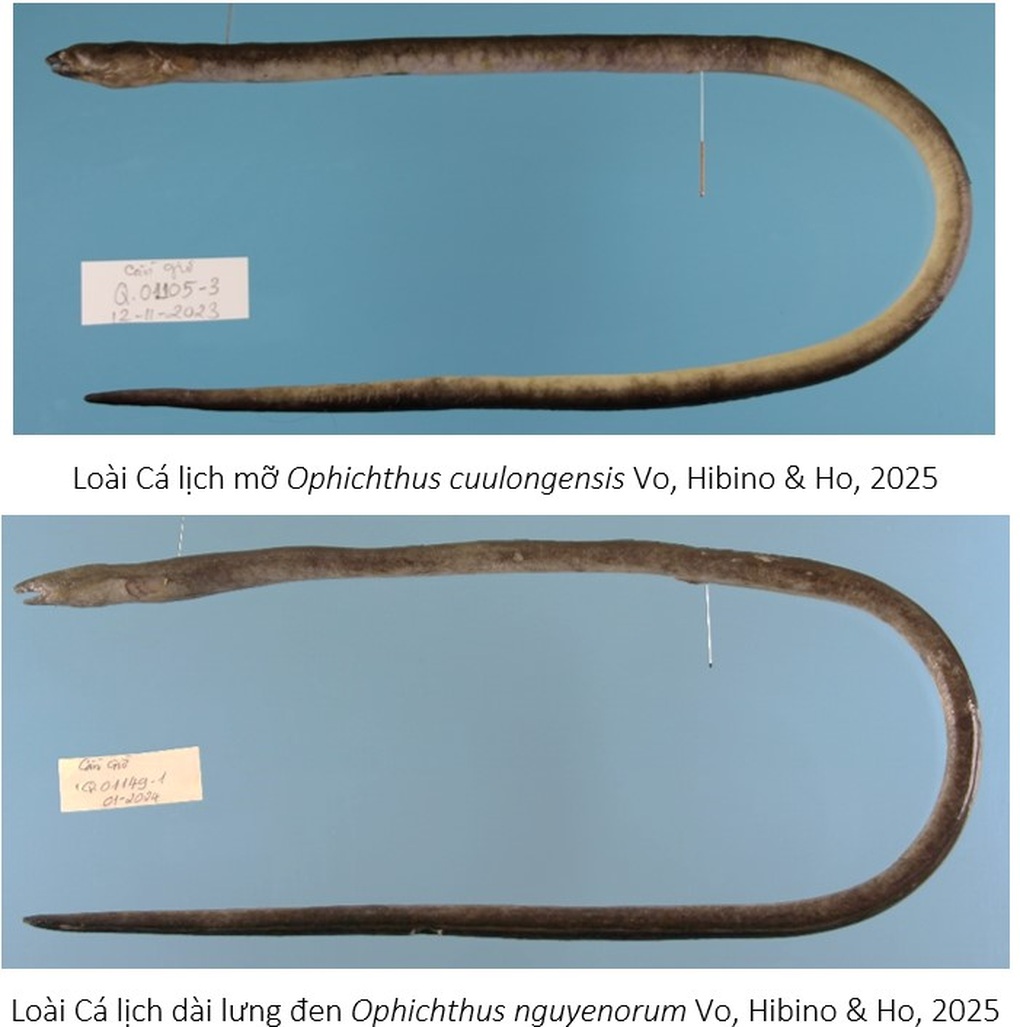
The team also announced two new species of fish to science belonging to the deep-dwelling fish families. Of these, two species belong to the genera Dysomma and Dysommina (family Synaphobranchidae), published in the Journal of Fish Biology .
In addition, two other new species of the genus Ophichthus were also published in the international journal ZooKeys , a specialized journal of taxonomy.
Both have elongated bodies, distinctive coloration, and distinct skull structures. The team also described two known species ( O. macrochir and O. rutidoderma ) to standardize taxonomic data and avoid confusion in future studies.
Fish species recorded for the first time in Vietnam
In particular, this is the first time in Vietnam that the appearance of the Eel species Meadia roseni Mok, Lee et Chang, 1991 (family Synaphobranchidae), a rare deep-water Eel species, previously only known in some sea areas in Taiwan (China) was recorded.
This discovery, published in the journal Acta Ichthyologica et Piscatoria , contributes to the deep-sea benthic database for Vietnam, an area that has been little surveyed.
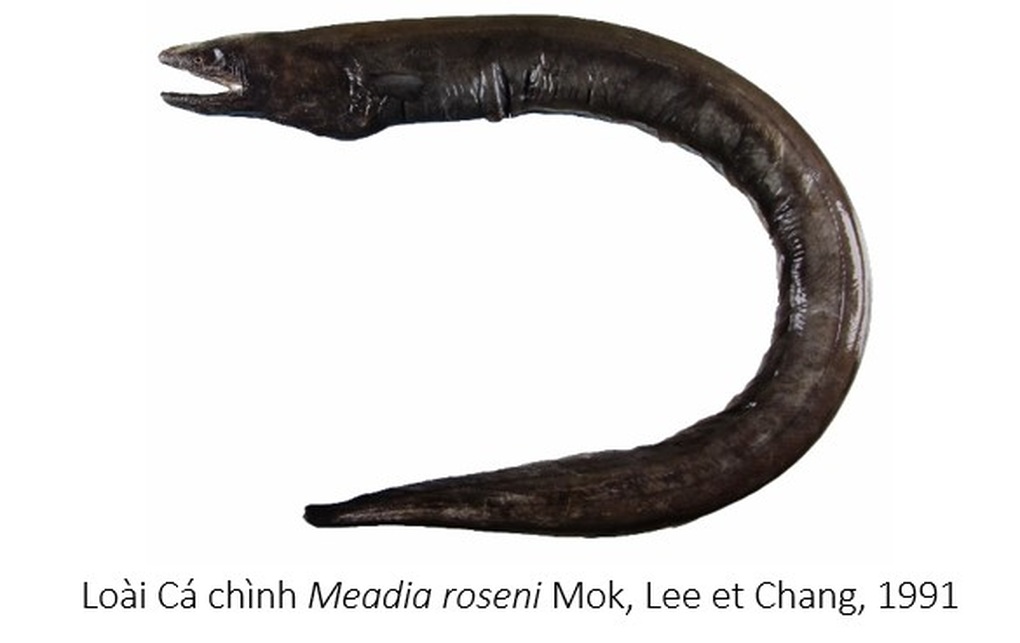
Among the discovered species, the Fatty Elk stands out for both its ecological and economic value. This species can grow to a maximum length of 104.6cm, reaching sexual maturity from 68.5cm or more.
Fish spawn all year round, but are concentrated in two periods: February-March and June-July. A female can lay an average of more than 31,000 eggs, equivalent to about 308 eggs per gram of weight.
The main food is crustaceans such as wild gourami and small shrimp. In terms of exploitation, "lich cu" fish is currently caught mainly by traditional fishing gear such as double rakes, single rakes, bottom nets, nets, traps and burrowing methods.
Need for reasonable exploitation solutions
In order to protect and reasonably exploit the resources of the “old calcareous fish”, the research team has proposed a series of specific management solutions. In particular, the “old calcareous fish”, a species with high economic value, is recommended to be exploited only when it reaches a length of over 68.5cm.
Fishing gear should have mesh sizes larger than 20mm to avoid catching juvenile fish. In particular, the group recommends restricting or banning trawling in shallow waters less than 10m deep, where this species often lives and breeds.
At the same time, it is necessary to temporarily stop fishing at the river mouth during peak spawning months (March and September), giving fish a chance to regenerate their populations.
In addition, increased patrolling and control of coastal fishing vessel activities was also emphasized to reduce overfishing pressure.
The group's research results have contributed to expanding understanding of Vietnam's marine biodiversity and providing an important scientific basis for ecosystem protection and sustainable development of "old-fashioned" fish resources in the future.
Source: https://dantri.com.vn/khoa-hoc/ve-ngoai-ky-di-cua-loai-ca-lan-dau-tien-ghi-nhan-o-viet-nam-20250820080415288.htm


![[Photo] Opening of the World Cultural Festival in Hanoi](https://vphoto.vietnam.vn/thumb/1200x675/vietnam/resource/IMAGE/2025/10/10/1760113426728_ndo_br_lehoi-khaimac-jpg.webp)
![[Photo] General Secretary attends the parade to celebrate the 80th anniversary of the founding of the Korean Workers' Party](https://vphoto.vietnam.vn/thumb/1200x675/vietnam/resource/IMAGE/2025/10/11/1760150039564_vna-potal-tong-bi-thu-du-le-duyet-binh-ky-niem-80-nam-thanh-lap-dang-lao-dong-trieu-tien-8331994-jpg.webp)

![[Photo] Ho Chi Minh City is brilliant with flags and flowers on the eve of the 1st Party Congress, term 2025-2030](https://vphoto.vietnam.vn/thumb/1200x675/vietnam/resource/IMAGE/2025/10/10/1760102923219_ndo_br_thiet-ke-chua-co-ten-43-png.webp)


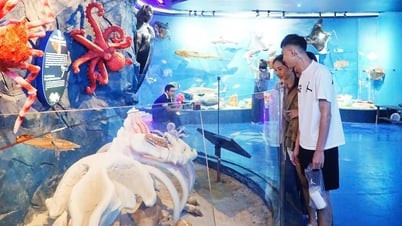

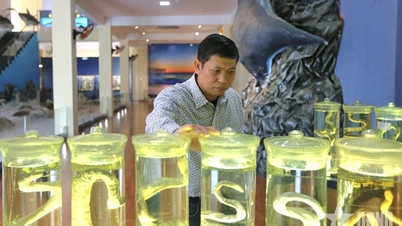




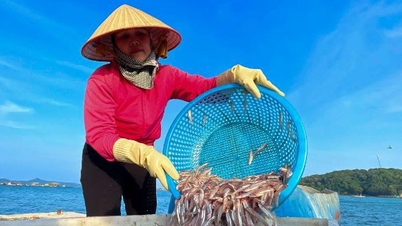

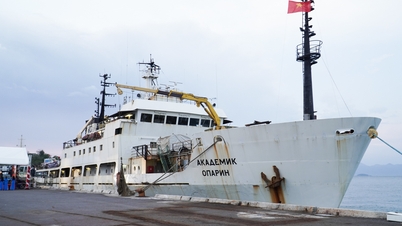




















































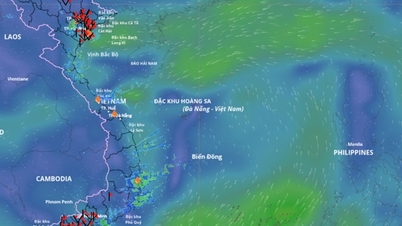
















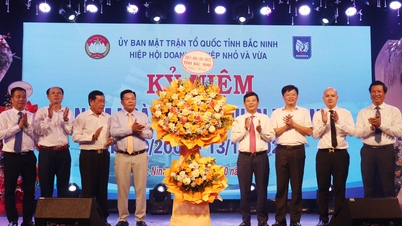


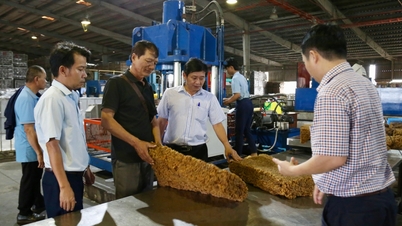















Comment (0)